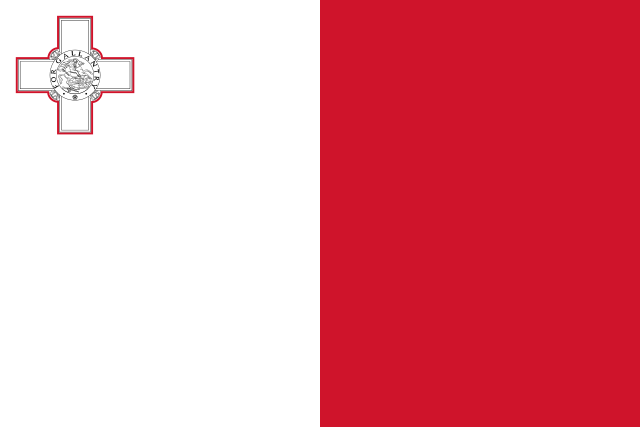A Eurofound research report states 2020 that Malta has a particularly weak tradition of debt advice and that like in Bulgaria, Hungary, Cyprus, in Malta close to no support has been identified.
Currently, NGOs fill important gaps, providing services for people who do not fulfil the criteria to be entitled to public debt advice, or when no public services are available. In the latter case, however, the gaps filled tend to be rather limited. An example includes Malta, where the Caritas NGO (www.caritasmalta.org) offers support on an ad hoc basis for usury, as a proper debt advice structure is lacking.
There are a number of NGOs working with indebted people such as:
- St Jeanne Antide Foundation for vulnerable individuals and families – www.antidemalta.org
- Women for Women Foundation to empower financial literacy- womenforwomen.foundation
There are also religious organisations, private individuals and groups which assist over-indebted people on an ad hoc basis.
All EU Member States now have some sort of private debt settlement in place, except for Malta.
To settle a private debt claim in Malta one may take one of two routes, amicable (or extrajudicial) debt recovery proceedings or judicial recovery proceedings. The former involves contacting the debtor through amicable means, or through a legal letter sent by the creditor’s legal counsel, proposing the mode of repayment of the outstanding debt. Alternative dispute resolution methods, such as mediation, may also be used to achieve this aim. If the debtor fails to collaborate or ignores the agreed-upon repayment terms, the creditor can then resort to the latter route and escalate matters through the Law Courts.
The procedure of judicial recovery proceedings depends on the nature of the debt due. Act IX of 2004 introduced the notion of a judicial letter which constitutes an executive title (Laws of Malta, Code of Organisation and Civil Procedure, Article 166A. s). This legal instrument’s contents, known as the 166A letter, must be sworn by the creditor and if it remains uncontested by the debtor within 30 days from its receipt, constitutes an executive title, which allows the use of warrants to recuperate the sums due. However, this procedure can only be used when the debt is certain, liquidated, and due and when the debtor is present in Malta. Moreover, this claim cannot arise from the performance of an act and cannot exceed €25,000. This legal instrument has become more popular due to time and money-saving procedures and has also diminished the number of debt collection cases taken to court. Debt recovery cases which do not fall within these parameters require the creditor to institute a court case.
An information portal for managing money and debt management is the website Gemma falls under the office of the Permanent Secretary within the MINISTRY FOR SOCIAL POLICY AND CHILDREN’S RIGHTS: https://gemma.gov.mt



